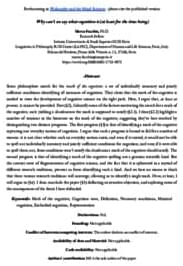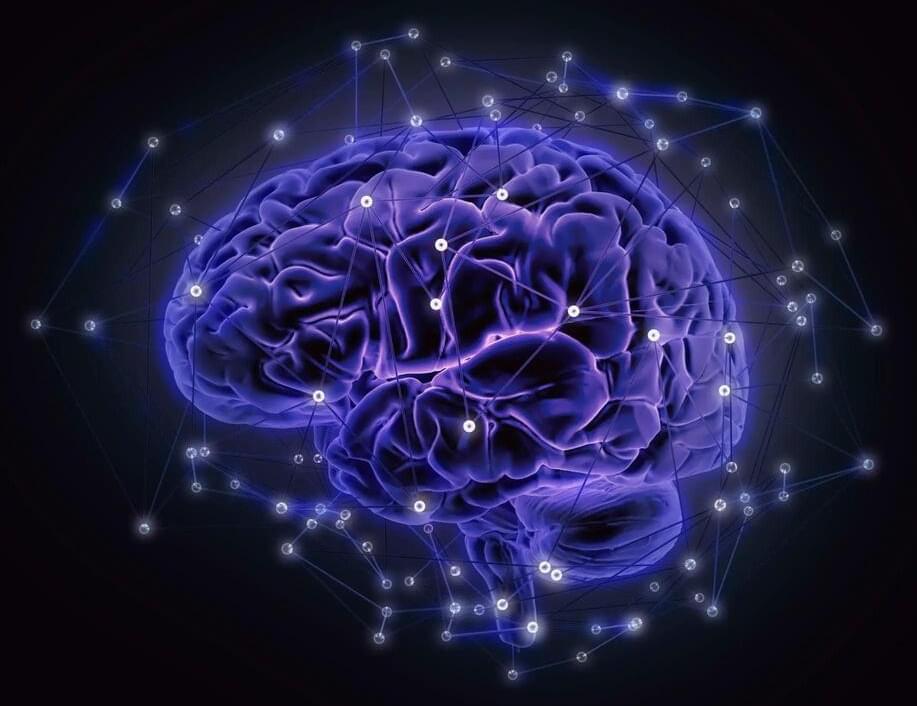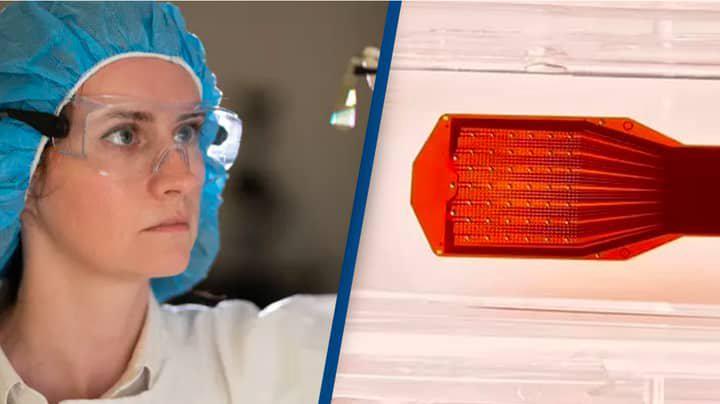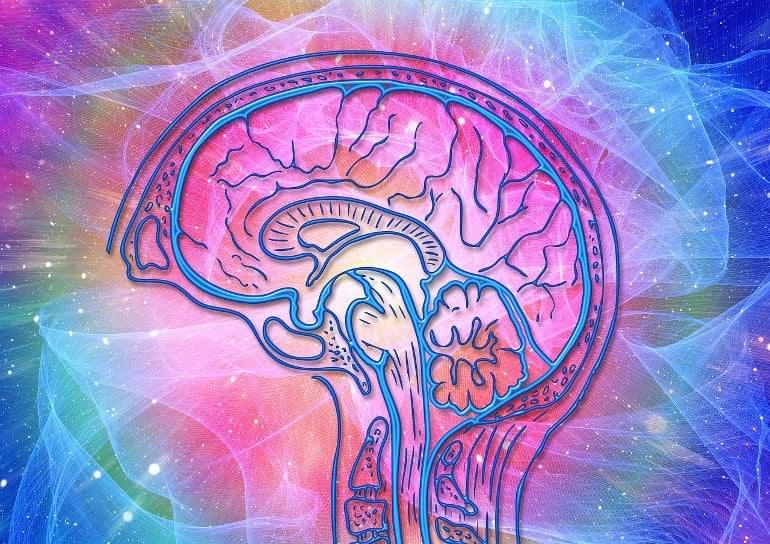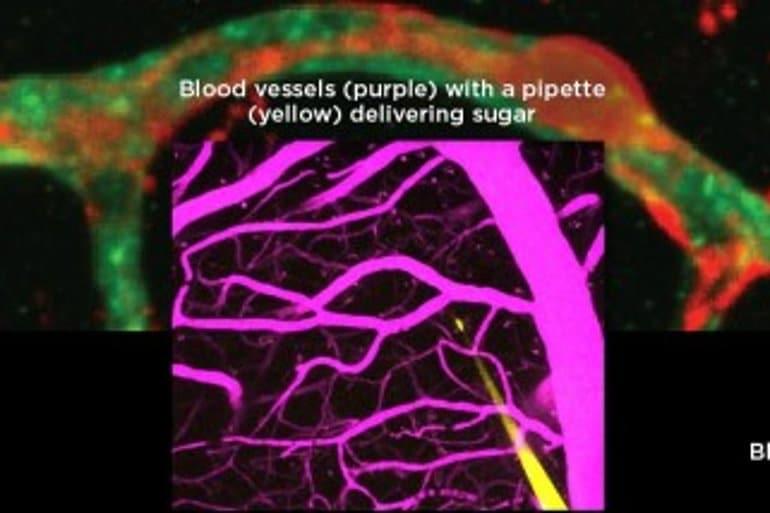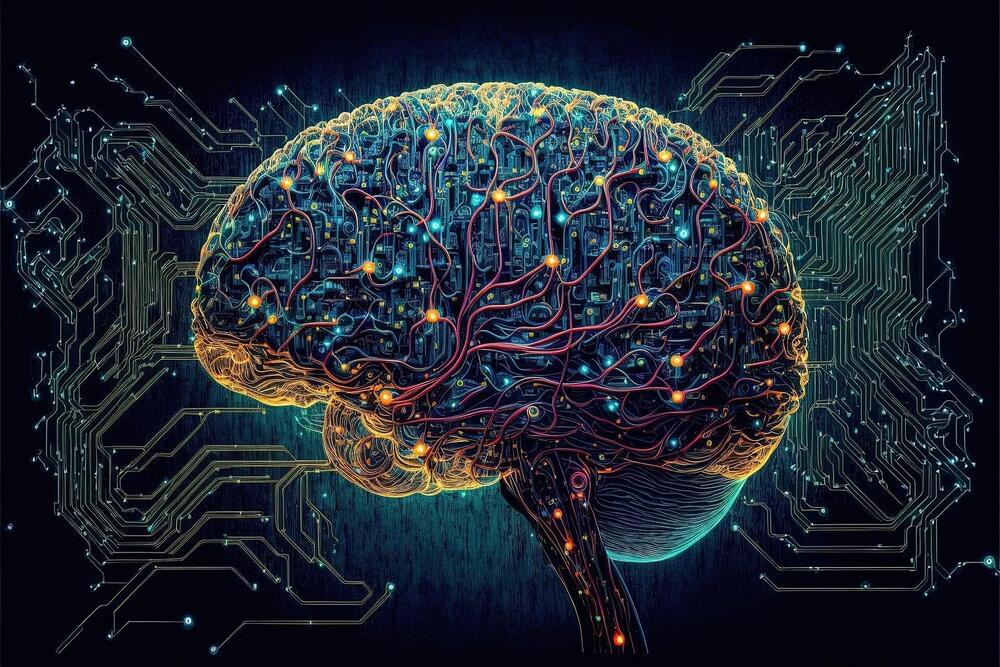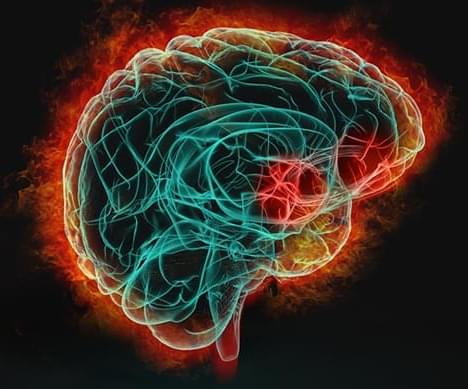Some philosophers search for the mark of the cognitive: a set of individually necessary and jointly suΜcient conditions identifying all and only the instances of cognition. They claim the mark is necessary to answer diΜcult questions concerning the nature and distribution of cognition.
Here, I will argue that, as things stand, given the current landscape of cognitive science, we are not able to identify a mark of the cognitive. I proceed as follows. First, I clarify some factors motivating the search for the mark of the cognitive, thereby highlighting the desiderata the mark is supposed to satisfy. Then, I highlight a tension in the literature over the mark. Given the literature, it is not clear whether the search aims for a mark capturing the intuitive notion of cognition or a genuine scientiΞc kind.
